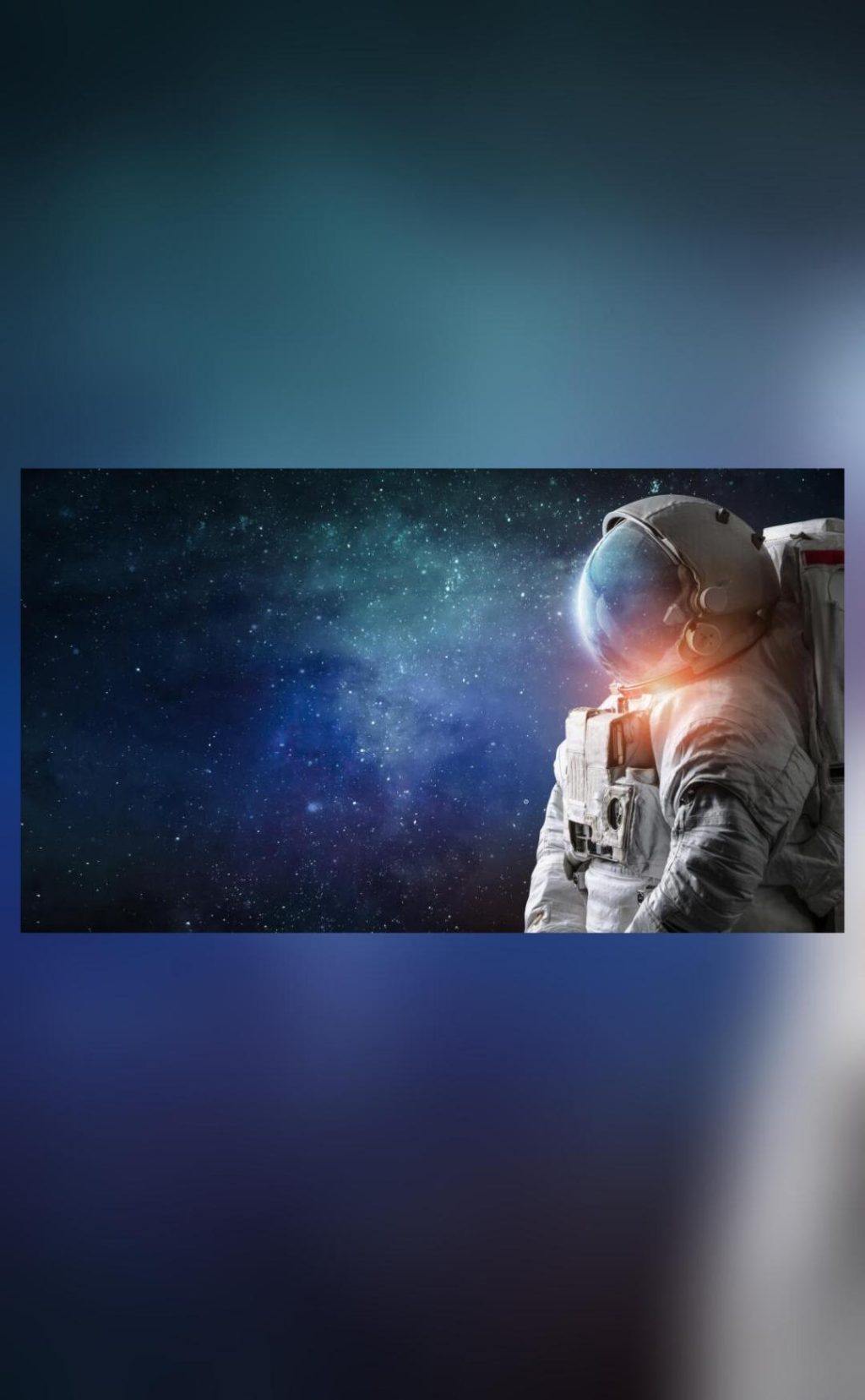
Google & NASA Create AI Medical Assistant for Mars Missions
As humanity takes its first steps towards colonizing Mars, the challenges of keeping astronauts healthy during long-duration space missions become increasingly pressing. To address this issue, NASA and Google have collaborated to create an AI-powered medical assistant, called the Crew Medical Officer Digital Assistant (CMO-DA), designed to provide critical medical care to astronauts on Mars and other space missions.
The CMO-DA is a multimodal system that uses Google Cloud’s Vertex AI platform to process speech, text, and images. This cutting-edge technology enables the AI system to analyze patient data and provide accurate diagnoses, allowing astronauts to receive timely and effective medical care during their missions.
The CMO-DA was tested in a recent experiment, where it demonstrated impressive diagnostic accuracy rates. For ankle injuries, the system achieved an accuracy rate of 88%, while for ear pain, it scored 80%. These results are a significant milestone in the development of AI-powered medical care for space missions, as they indicate that the system is capable of accurately diagnosing common medical conditions that may arise during long-duration space travel.
The CMO-DA is designed to work in tandem with human medical professionals, providing support and guidance to help them make informed decisions about patient care. The system can analyze medical data, including patient histories, symptoms, and test results, to provide personalized treatment plans and recommendations.
One of the key challenges in providing medical care in space is the limited availability of medical resources and the need for rapid decision-making. The CMO-DA is designed to address these challenges by providing a rapid and accurate diagnosis, enabling medical professionals to make informed decisions quickly and effectively.
The development of the CMO-DA is a collaborative effort between NASA’s Johnson Space Center and the Google Cloud AI team. The project brings together expertise from both organizations, combining NASA’s knowledge of space medicine with Google’s experience in AI and machine learning.
The CMO-DA is not just limited to diagnosing medical conditions, it can also provide critical information to astronauts, such as how to manage pain, how to prevent infections, and how to maintain good health during long-duration space missions. The system can also provide guidance on how to perform medical procedures, such as taking vital signs and administering medication.
The success of the CMO-DA has significant implications for future space missions. As NASA prepares to send humans to Mars in the coming years, the need for reliable and effective medical care will become increasingly important. The CMO-DA provides a critical tool for ensuring the health and well-being of astronauts during these long-duration missions.
The development of the CMO-DA is also a significant step forward in the field of AI-powered medical care. The system demonstrates the potential for AI to improve patient outcomes and reduce the workload of medical professionals. As the technology continues to evolve, it is likely to have significant implications for healthcare on Earth, where AI-powered medical assistants could help improve patient care and reduce healthcare costs.
In conclusion, the CMO-DA is a groundbreaking AI-powered medical assistant that has been designed to provide critical medical care to astronauts on Mars and other space missions. The system has demonstrated impressive diagnostic accuracy rates and has the potential to revolutionize the way medical care is provided in space. As NASA prepares to send humans to Mars, the CMO-DA will play a critical role in ensuring the health and well-being of astronauts during their missions.






